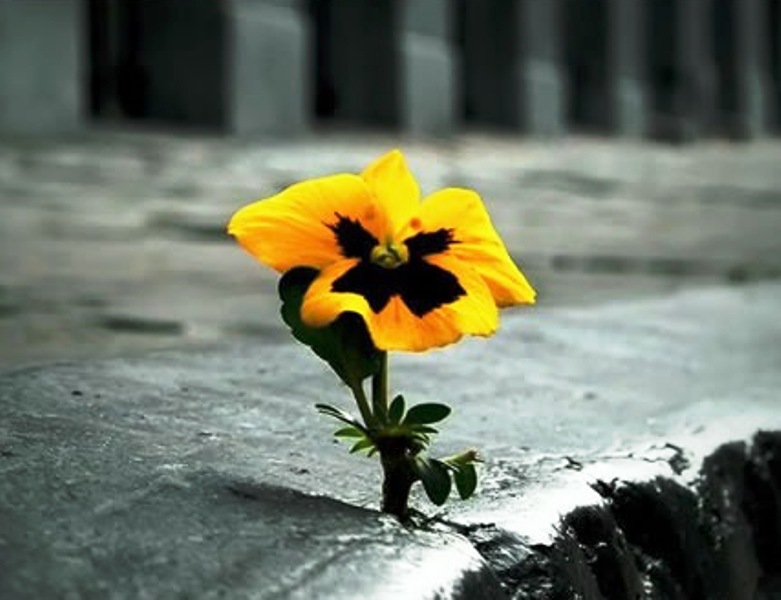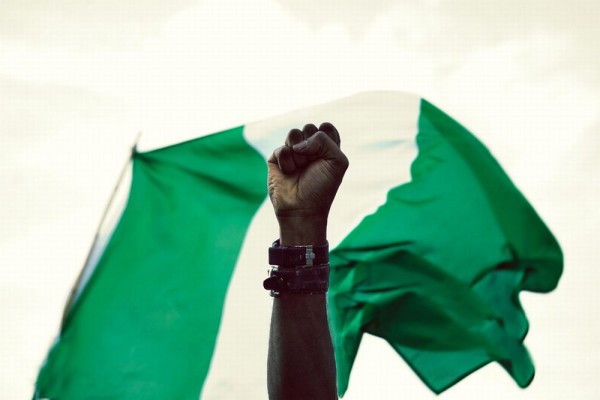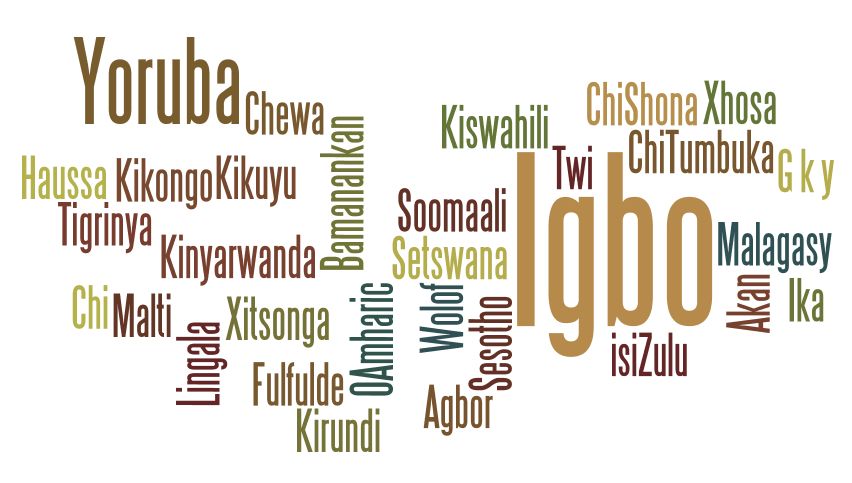Culture - and how it's defined - has been on my mind for a while. Thanks to National Poetry Writing Month (#NaPoWriMo), I wrote a poemthing about it. Here's "Define Culture." Enjoy.
-
Afrofeminism - Blog - Creative Corner - Diaspora Diaries - International Development - Philanthropy - Poetry - Race, Culture, Ethnicity - The Political, Personalized
-
Love Was My Revolution in 2013, But So Was Resilience.
I know it's been a while. I've had a lot going on. 2013 was quite a year - one that I'm not likely to miss but will always remember for how much it grew me.
-
Queer Afrofeminist Reflections on October 1st: Nigeria’s Independence Day and a Diaspora Homecoming
Today is Nigeria's Independence Day, but I can't focus on my country's progress. It's challenging to remain optimistic in the face of landlords telling you they won't rent to you because "you're a single woman who could potentially use the apartment for prostitution." Until "Nigeria" addresses its treatment of women…
-
To Nigerians Who Don’t Speak Any Native Nigerian Languages, And Their Bullies
Let's get something straight. There are lots of Africans who don't speak their native languages, for a variety of reasons, but they want to learn. But given that the pool of resources for learning indigenous African languages isn't as large as say, for Spanish, wouldn't it be more productive to…
-
African Feminism - Africans for Africa - Afrofeminism - Blog - Diaspora Diaries - Special Series - The Political, Personalized
What Kind of African Doesn’t Speak Any African Languages? Me.
Last year, I attended a conference about Africa's development. In a session about African identity, we explored the question of whether one could claim to be African without being fluent in their mother tongue. Some said yes. But many said no. For this, I blame colonialism... and Sesame Street.
Online rulet oyunları gerçek zamanlı oynanır ve online slot casino bu deneyimi canlı yayınlarla destekler.
İnternet üzerinden eğlence bahsegel giriş arayanlar için deneyimi vazgeçilmezdir.
Kullanıcıların hesaplarına hızlı ve sorunsuz bettilt ulaşabilmesi için adresi her zaman güncel tutuluyor.




